Past members
Dr. Daniel Montluçon
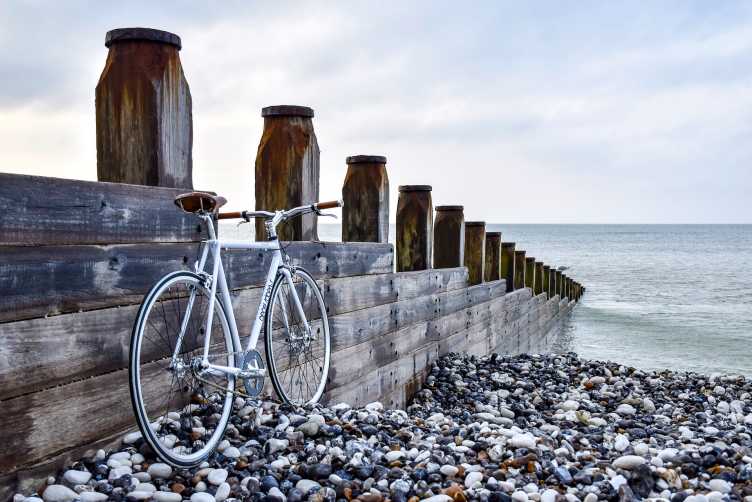
After working with Prof. Eglinton for more than 20 years (!) our irrepleacable labtechnician Dr. Daniel Montluçon retired.
Dr. Maarten Lupker
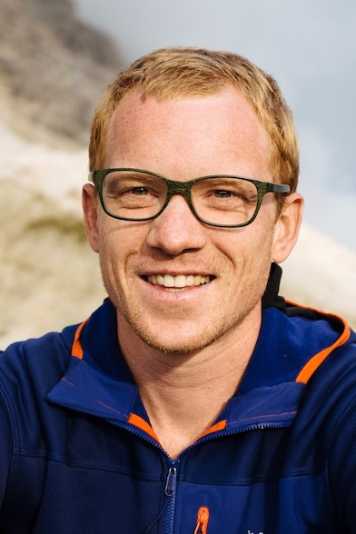
I am working on surface processes & carbon interactions on various time-scales. Currently still working with the Biogeoscience group at ETH as an external staff member.
Dr. Melissa Schwab
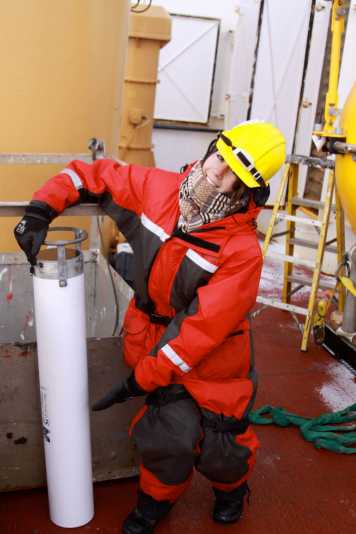
In course of her PhD Thesis Melissa analyzed time series data from the Mackezie and the Sihl to gain insight into carbon transport dynamics.
Katharina Fehr
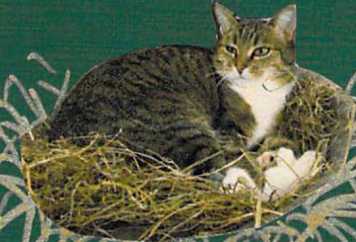
Katharina Fehr was our administrative support and invaluable help in all circumstances for many years. She is now enjoying her well-deserved retirement.
Dr. Blanca Ausin
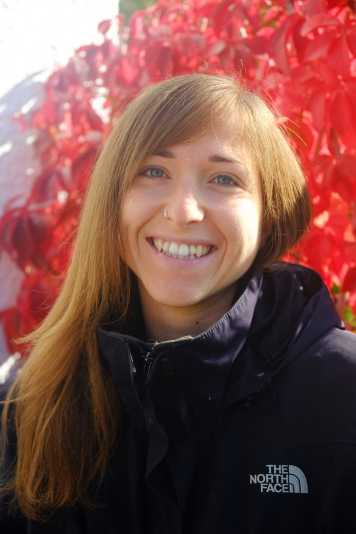
During her time as a postdoctoral researcher Blanca worked on how hydrodynamic conditions influence the OC and biomarker transport pathways in the ocean
Dr. Julia Krawielicki

In course of her PhD Julia worked on climate reconstruction and landscape development in the Afro-Mediterranean region in the Oligocene and Miocene using various proxies including alkanes and GDGTs.
Dr. Thomas Blattmann
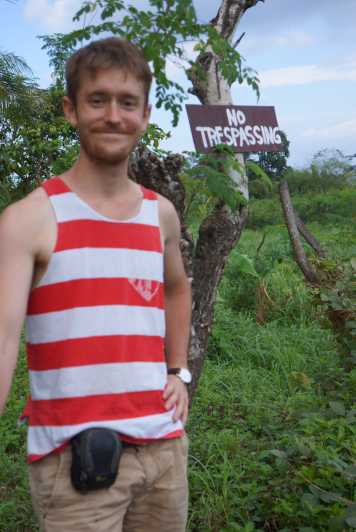
In course of his PhD Thomas was mainly working on method development for amino acid-specific carbon isotope analysis to understand molecular-level interactions between minerals and organic compounds, studying sedimentological processes in the South China Sea, and characterizing the organic geochemical signatures of Luzon river sediments.
Dr. Mohammed Usman
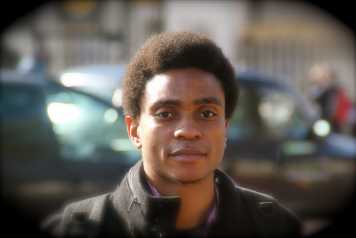
Usman's Phd focused understanding the various mechanisms of riverine organic matter mobilization within and out of the Godavari basin in India by characterizing and quantifying the different organic carbon types.
Dr. Tessa van der Voort

Tessa finished her PhD in the Biogeoscience group in 2017 where she investigated investigated the vulnerability of soil organic carbon (SOC) to climate and human perturbations of Swiss forest, grassland and peatland systems. Afterwards she stayed as a postdoc until August 2018 to set up the MOSAIC database and interface.
Dr. Gabriela Libanori
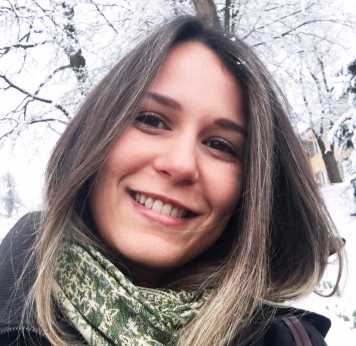
In course of Gabriela's PhD, which she finished in July 2018, she aimed to understand the regional carbon cycle in different lagoons in Brazil, and to examine the connection between climate variability, marine and continental biogeochemical cycling.
Dr. Chantal Freymond
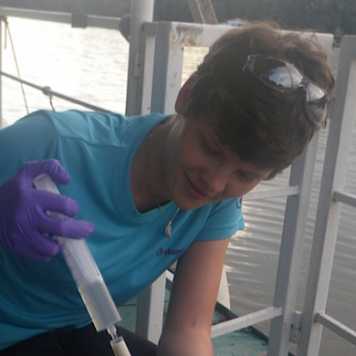
Dr. Chantal Freymond completed her PhD in 2017, where she used compound-specific and bulk carbonisotopic parameters to trace the transport of carbon along the Danube river drianage basin.
Dr. Naoto Ishikawa
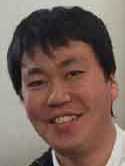
Naoto was a postdoc in the Biogeoscience group in 2017. His research applied compound-specific radiocarbon analysis (CSRA) to the estimation of source and turnover of various C fractions in both terrestrial and aquatic systems. Natural radiocarbon variations observed within contemporary biosphere were used in his studies. Amino acids, chlorophyll a, fatty acids and other compounds were extracted and purified from various environmental specimens (e.g., living animals, plants, soils, sediments and other organic matters) for CSRA to provide significant implications on biogeochemical C cycling under the global change.
Dr. Franziska Lechleitner
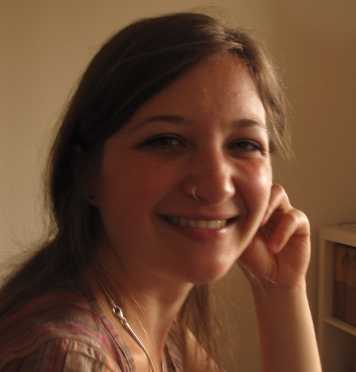
Franziska completed her PhD in the biogeoscience group in July 2016. During this period her research encompassed the study of paleoclimate and organic proxies in stalagmites from the tropical site of Yok Balum Cave, Belize. Her main interests included characterization of transfer processes between the surface and underground caves, as well as the reconstruction of past climate conditions over a range of different timescales.
Dr. Rui Bao
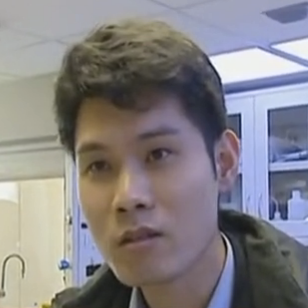
Rui Bao was a PhD student in the Biogeoscience group within the Geological Institute at ETH Zurich. His research focused on the biogeochemistry of organic matter, surrounding the role of productivity versus sedimentology in organic carbon burial in the Chinese marginal seas.
Dr. Clayton Magill
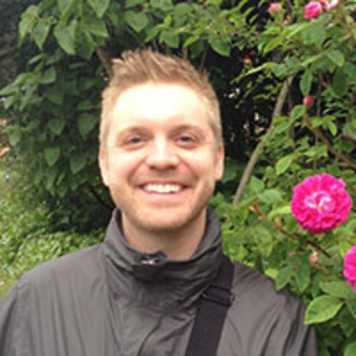
The research of PostDoc Clayton Magill focused on the reconstruction of environmental conditions during early hominin evolution using lipids and their isotopic composition.
Dr. Claudia Zell
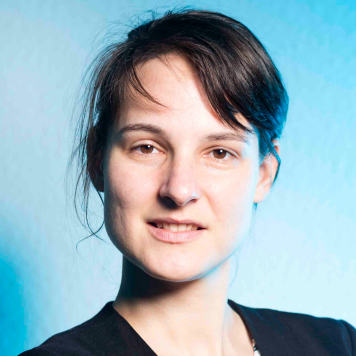
During her postdoc Claudia Zell investigated the vulnerability of soil organic carbon in Swiss soils, together with Tessa van der Voort. She focused on using radiocarbon analysis in different soil fractions and compound specific radiocarbon analysis of plant waxes, to better understand how organic matter is stabilised in soils.
Dr. Björn Buggle
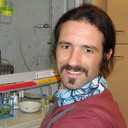
Björn's research interest was on the molecular forensic of terrestrial systems. He was specifically investigating molecular characteristics of the organic matter preserved in terrestrial archives to gain new insight on the dynamics and feedback mechanisms of ecosystems in context of climate change and anthropogenic influences. The focus of his paleo-ecosystem research was on the reconstruction of past vegetation changes using innovative plant biomarker approaches in Quaternary fossil soils and terestrial sediments (especially loess) as well as in the geoarcheological archives. An important aspect of his research were methodological studies on biomarkers and stable isotopes in modern soils and plants that could be used as reference for paleoenvironmental studies.
Dr. Xiaojuan (Yvonne) Feng
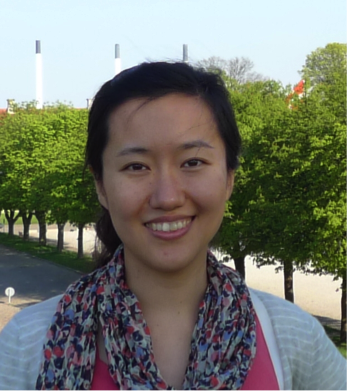
Yvonne Feng was a postdoc in the Biogeosciences group from 2011 to 2013. Her research focused on investigating the transformation and transport of terrestrial organic matter under global changes and on assessing biogeochemical and physical processes that affect terrestrial carbon cycling. In particular, she was interested in combining molecular-level techniques (including biomarker analysis, compound-specific isotopic analysis, and nuclear magnetic resonance spectrometry) with landscape-scale experiments/processes to examine environmental controls on the distribution and transformation of organic carbon in soils and aquatic systems. She was radiocarbon dating lignin phenols from a range of global rivers to investigate organic carbon transfer from land to the ocean.
Dr. Alysia Cox
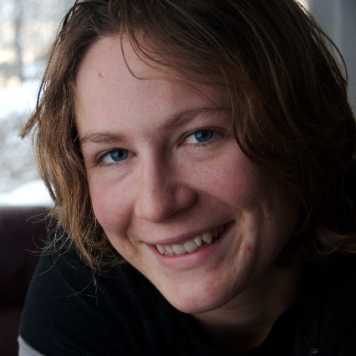
Alysia was a postdoctoral researcher in the Biogeoscience group within the Geological Institute at ETH Zürich in 2012. She was working on the role of Vitamin E in the cycling and preservation of organic carbon.
Dr. Cameron McIntyre
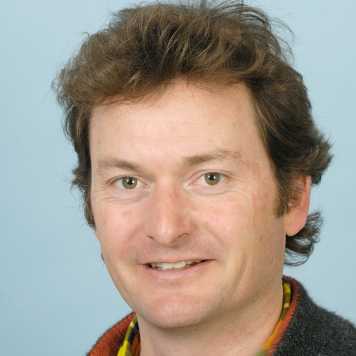
Cameron McIntyre was an oberassistant in the Biogeosciences group. He focused on radiocarbon analyses using the MICADAS accelerator mass spectrometer (AMS) including the development of novel instrumentation and methods.
Dr. Francien Peterse
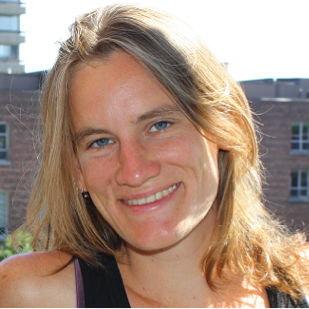
Francien Peterse was an postdoc in our group from 2011 to 2013. Her research focused on the transport of soil organic carbon from land to the ocean. She used membrane lipids from soil bacteria as tracers for soil organic carbon to determine storage times of soil organic carbon in the river basin, and the duration of its transport from source to sink. These soil bacterial membrane lipids were also the main topic of her PhD research at the Royal NIOZ in the Netherlands, in which she assessed the influence of different environmental parameters on the distribution of these lipids in soils, and the suitability of these lipid distributions as a proxy for paleotemperature.
Dr. Roland Zech
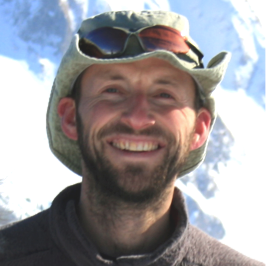
Roland Zech was a research associate in the Biogeosciences group (2010-2013). His research mainly focused on evaluating, developing and applying lipid biomarker and compound-specific stable isotope and radiocarbon analyses for paleoclimate and -environmental reconstructions. His findings corroborate a predominantly syndepositional nature of leaf waxes in loess-paleosols, illustrate the great added value when combining compound-specific deuterium and 18O analyses for paleoclimate reconstructions, and point to a significant role of permafrost for the global carbon cycle on glacial-interglacial timescales.
Dr. Jorien Elisabeth Vonk
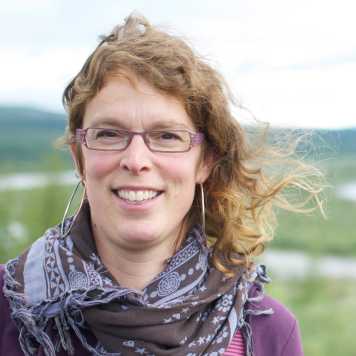
Jorien was a postdoc in our group for 2 years (2011-2012). Her research focused terrestrial and coastal biogeochemistry in (sub-) Arctic regions.